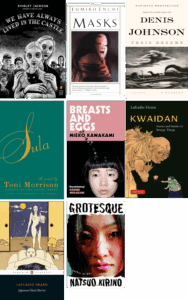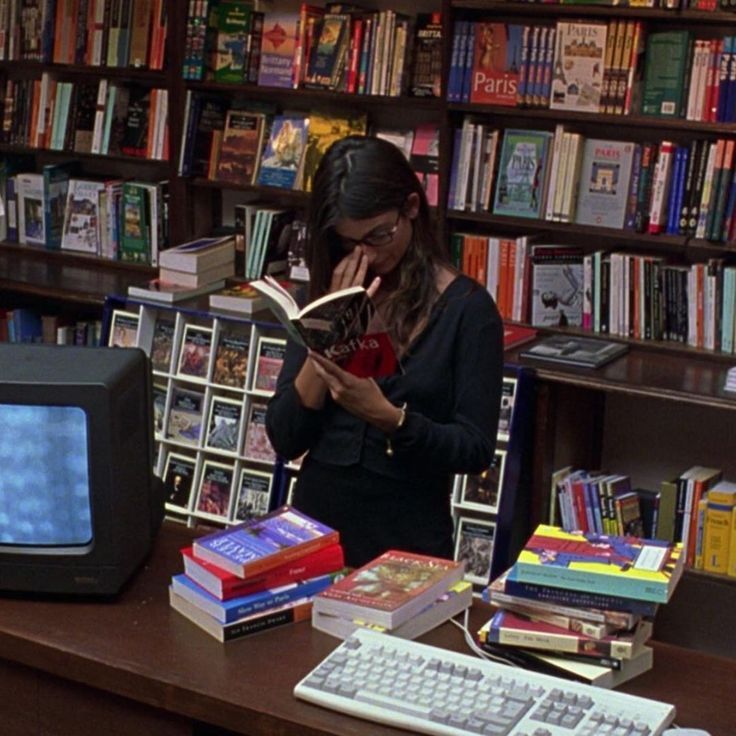
I didn’t get much time to read over the past three months. I just didn’t feel like it, I was in a bit of a slump. During that time, I was reading Shirley Jackson’s We Have Always Lived in the Castle. I’m not someone who usually studies the evolution of an author’s work throughout their career, but if you know anything about Shirley Jackson, you’d know this was one of her earlier novels. The only reason why I know that is because I didn’t like it, and I was looking for any reason as to why.
It wasn’t my first time with her work (I’d read some short stories years ago), but I felt exactly the same way I did before: unfazed, unaffected. It didn’t leave an impression n me; I didn’t find it suspenseful, and the only thing I enjoyed were a few passages describing the unpleasant character of the sisters’ cousin.
I think this experience with Jackson made me realise that Western “spooky stories” are an unreliable genre. The Western supernatural fiction has a habit of becoming either nonsensical or overly moralistic. That might be a more recent trend, but I feel that it’s because they have increasingly lost touch with nature as the decades pass.
I feel that it has something to do with the development of Christianity but I’m not going to go there.
Masks, Kwaidan, and Japanese Ghost Stories
Three other books I read during this period were Masks by Fumiko Enchi, and Kwaidan and Japanese Ghost Stories by Lafcadio Hearn. These are all centered on Japanese spirits found in folklore and superstition.
I find East Asian ghost stories far more satisfying to read. Asian spirits tend to exist within ordinary life, rather than appearing as one-off phenomena tied to cult leaders, unexplainable yetis, or a random patch of cursed grass that somehow launches the plot of some weird horror tale.
Asian spirits – some identifiable, others not so – often emerge from deeply human emotions: jealousy, greed, obsession, desperation, ruthlessness, sorrow. Either they’re lingering on earth for deeds done during their lives, affected by their conduct and emotional attachments on earth, or their journey takes place in backdrop of universal karma and the cosmic wheel. Spirits in these stories don’t exist without logic, even when the foundation is metaphysical.
I appreciate how there’s a kind of transparency in the spiritual world, which never ignores its connection to humanity. The writing conveys an inherited understanding of the spiritual realm, making the spirits feel so human that the boundary between our worlds seem thin – even as you read. All humans are spirits after all.
I don’t think that level of familiarity with the spiritual is very common among Western writers (and those who are, are often just pushed into the corner of ‘kooky’, without their great work ever becoming a larger part of the Western mind’s subconscious framing). That’s probably why I can’t share the same affinity most readers seem to have for Shirley Jackson, despite her reputation as a towering figure in the horror genre.
Breast and Eggs, Grotesque
(thoughts to be collected)
Sula, Train Dreams
(thoughts to be collected).
